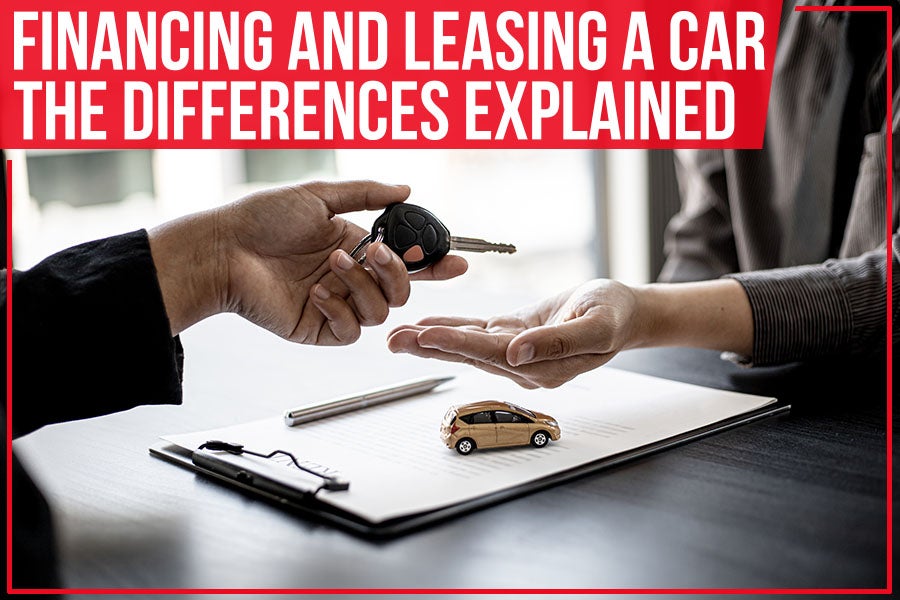Leasing Your Car To Your Business

Small business owners are facing a critical juncture: Is leasing their personal vehicle to their business a financially sound move? The decision, while seemingly straightforward, requires careful consideration of tax implications, legal compliance, and potential risks.
This article cuts through the complexity, delivering essential details for making an informed choice regarding leasing a personal vehicle to your business, ensuring compliance and maximizing potential benefits.
The Core Mechanics of Leasing
The process involves establishing a formal lease agreement between you (as the vehicle owner) and your business (as the lessee). This agreement outlines the lease term, monthly payments, and responsibilities of each party. Key elements include a clearly defined lease rate, which should reflect fair market value.
Consult with a tax professional to determine a lease rate that’s both justifiable and advantageous. Undervalued rates can trigger scrutiny from tax authorities like the IRS.
Tax Implications: Navigating Deductions and Reporting
Your business can deduct lease payments as a business expense, potentially reducing taxable income. However, this deduction is subject to certain limitations, particularly if the vehicle is also used for personal purposes. Proper record-keeping of mileage is paramount to substantiate the business use percentage.
As the vehicle owner, you must report lease income on your personal tax return. This income is generally taxable, but you can offset it with expenses related to the vehicle, such as depreciation, insurance, and maintenance. Again, maintain detailed records of all expenses.
Essential Legal and Contractual Considerations
A well-drafted lease agreement is crucial. It should specify the responsibilities for maintenance, insurance, and repairs, as well as procedures for termination. Ensure the agreement complies with state and local laws regarding leasing and vehicle operation.
Liability is a significant concern. Verify that your business insurance policy adequately covers vehicles leased from employees. You may also need to adjust your personal auto insurance policy to reflect the change in vehicle usage.
Weighing the Advantages and Disadvantages
Potential benefits include a tax deduction for the business and a stream of income for the individual. It can be a straightforward way to utilize an existing asset for business purposes. However, meticulous record-keeping is critical to avoid potential tax issues.
Disadvantages include the complexity of managing lease agreements and the potential for increased scrutiny from tax authorities. The personal use limitations on deductions can also diminish the overall financial benefit.
Who Should Consider This Arrangement?
Sole proprietors and owners of small businesses who regularly use their personal vehicle for business purposes are prime candidates. However, this strategy is less suitable for businesses with dedicated company vehicles or owners who rarely use their personal vehicle for work. According to a 2023 IRS guideline, frequent and documentable business use is key.
Carefully assess your individual circumstances and consult with financial and legal professionals before proceeding. A one-size-fits-all approach is not advisable.
Compliance is Key: Avoiding Potential Pitfalls
The IRS closely examines transactions between businesses and their owners. Ensure that the lease agreement is arm’s length – meaning that the terms are comparable to what an unrelated party would offer. Avoid excessive or unreasonable lease rates, as this can trigger an audit.
Document everything. Mileage logs, maintenance records, insurance policies, and the lease agreement itself are crucial for substantiating your claims. Failure to maintain adequate records can lead to penalties and disallowed deductions.
Real-World Examples and Scenarios
Consider Sarah, a freelance graphic designer who leases her car to her LLC. By meticulously tracking her business mileage and maintaining a compliant lease agreement, she significantly reduces her taxable income. Conversely, David, a consultant, ran into trouble when he failed to document his business mileage, resulting in a disallowed deduction and penalties.
These examples highlight the importance of diligent record-keeping and adherence to tax regulations.
The Future of Vehicle Leasing in Small Businesses
The trend towards increased remote work and self-employment suggests that leasing personal vehicles to businesses may become more common. The *IRS* is constantly updating its guidelines, it is important to keep abreast of new regulation. However, the fundamental principles of compliance, documentation, and fair market value will remain paramount.
Businesses must prioritize transparency and accuracy in their financial reporting to avoid potential tax consequences.
Next Steps: Seek Professional Guidance
Consult with a qualified tax advisor and attorney to assess your individual circumstances and ensure compliance with all applicable laws and regulations. A tailored approach is essential for maximizing the benefits and minimizing the risks of leasing your vehicle to your business.
The decision requires careful consideration, and professional guidance can provide clarity and peace of mind.

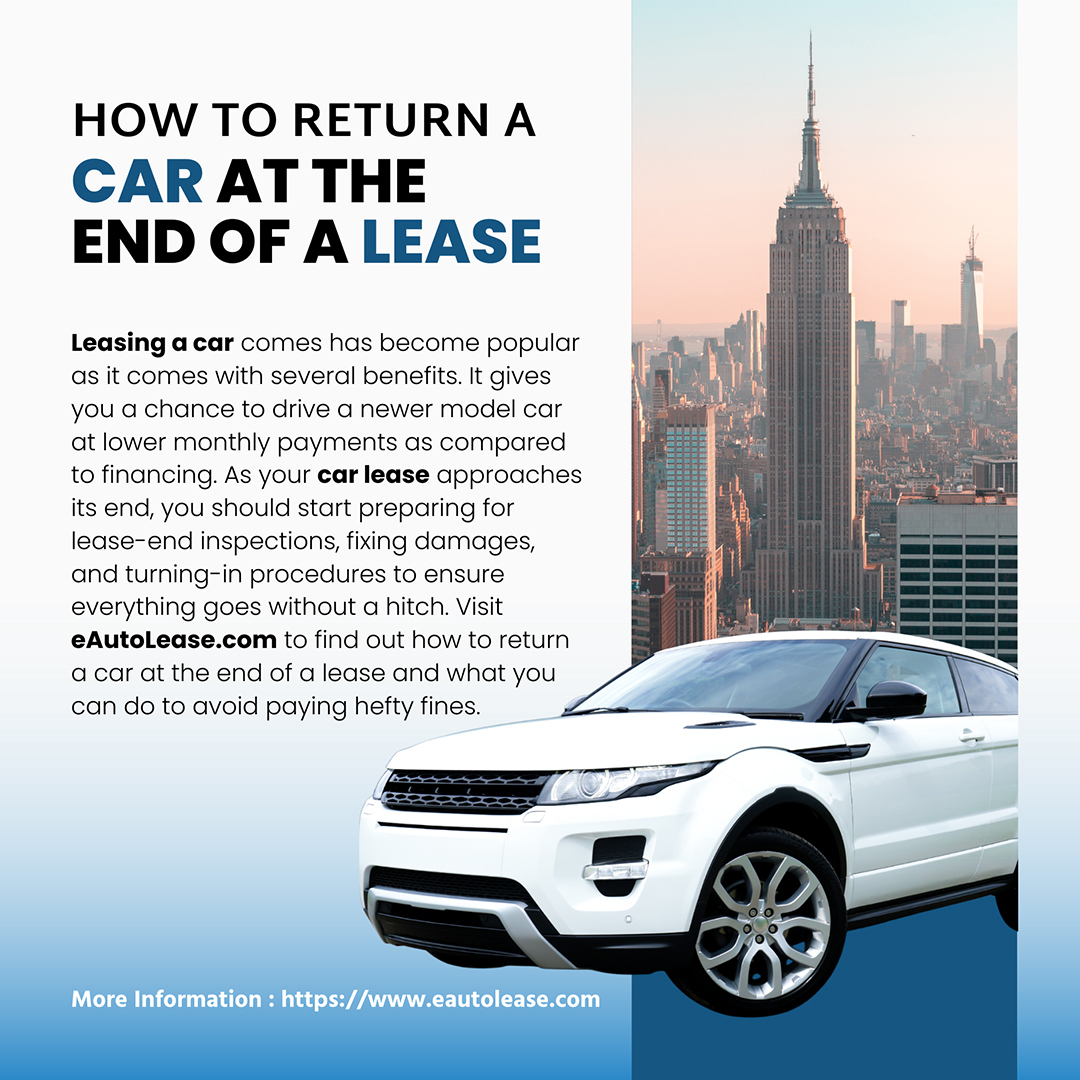
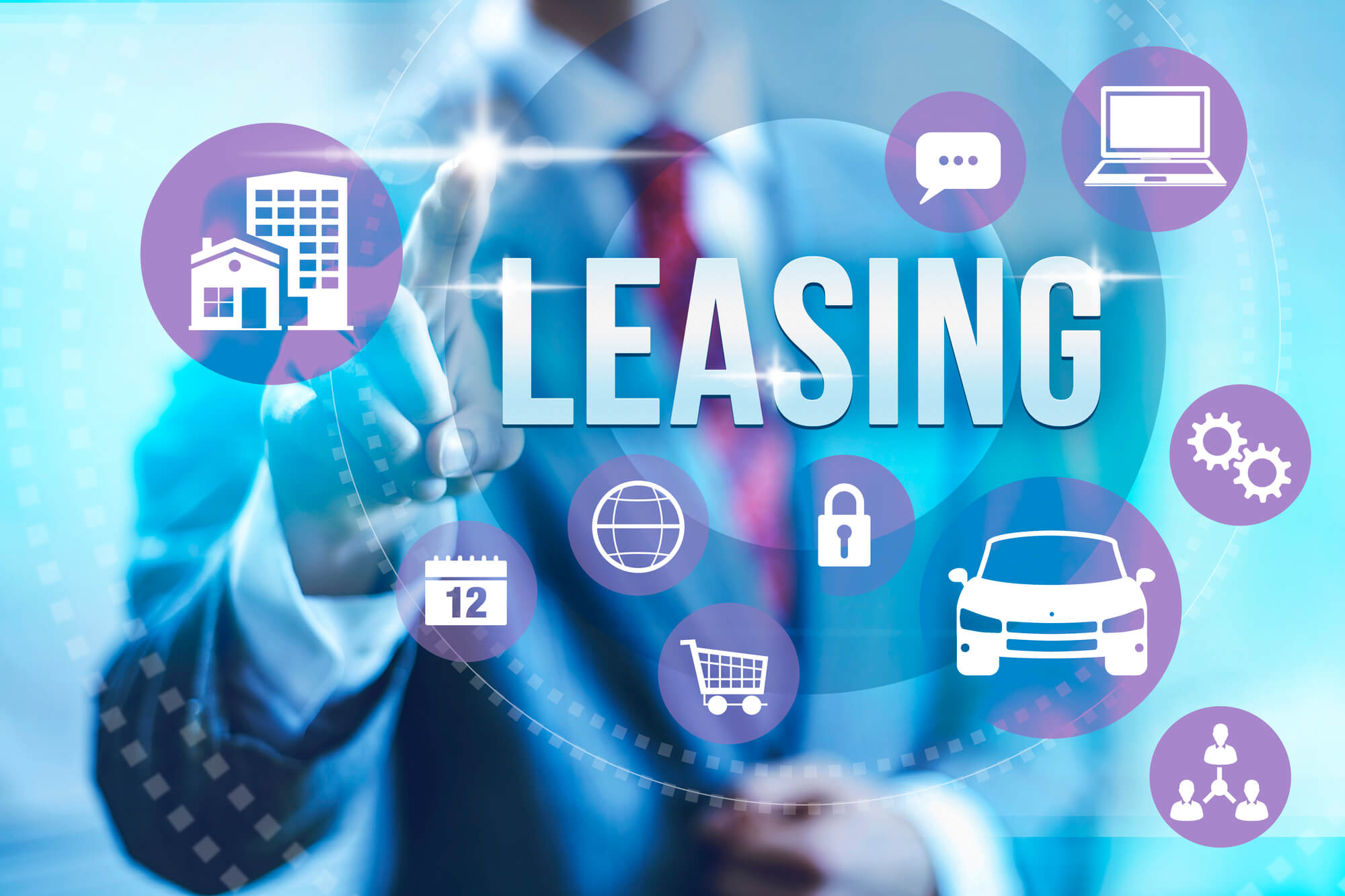




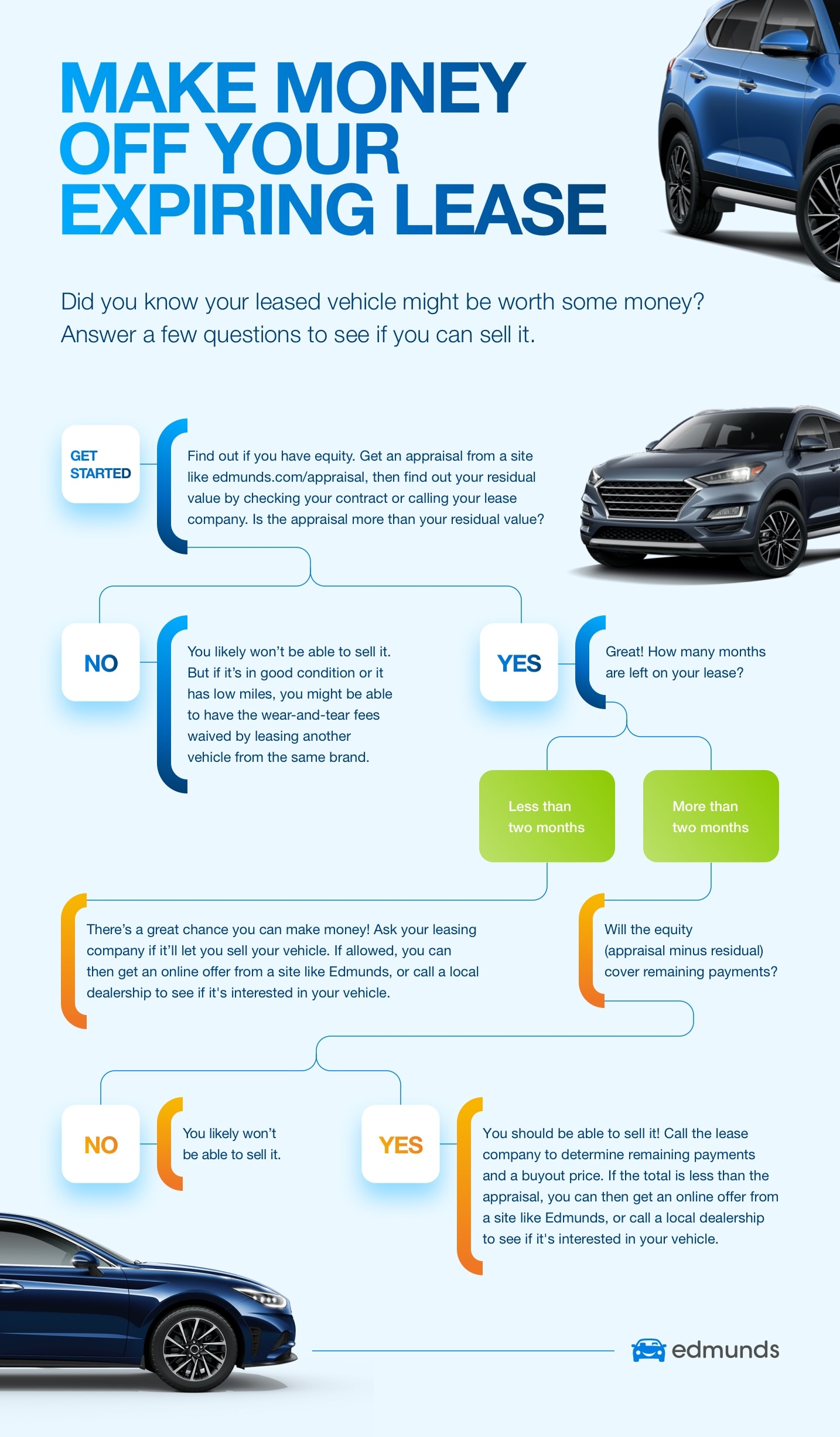


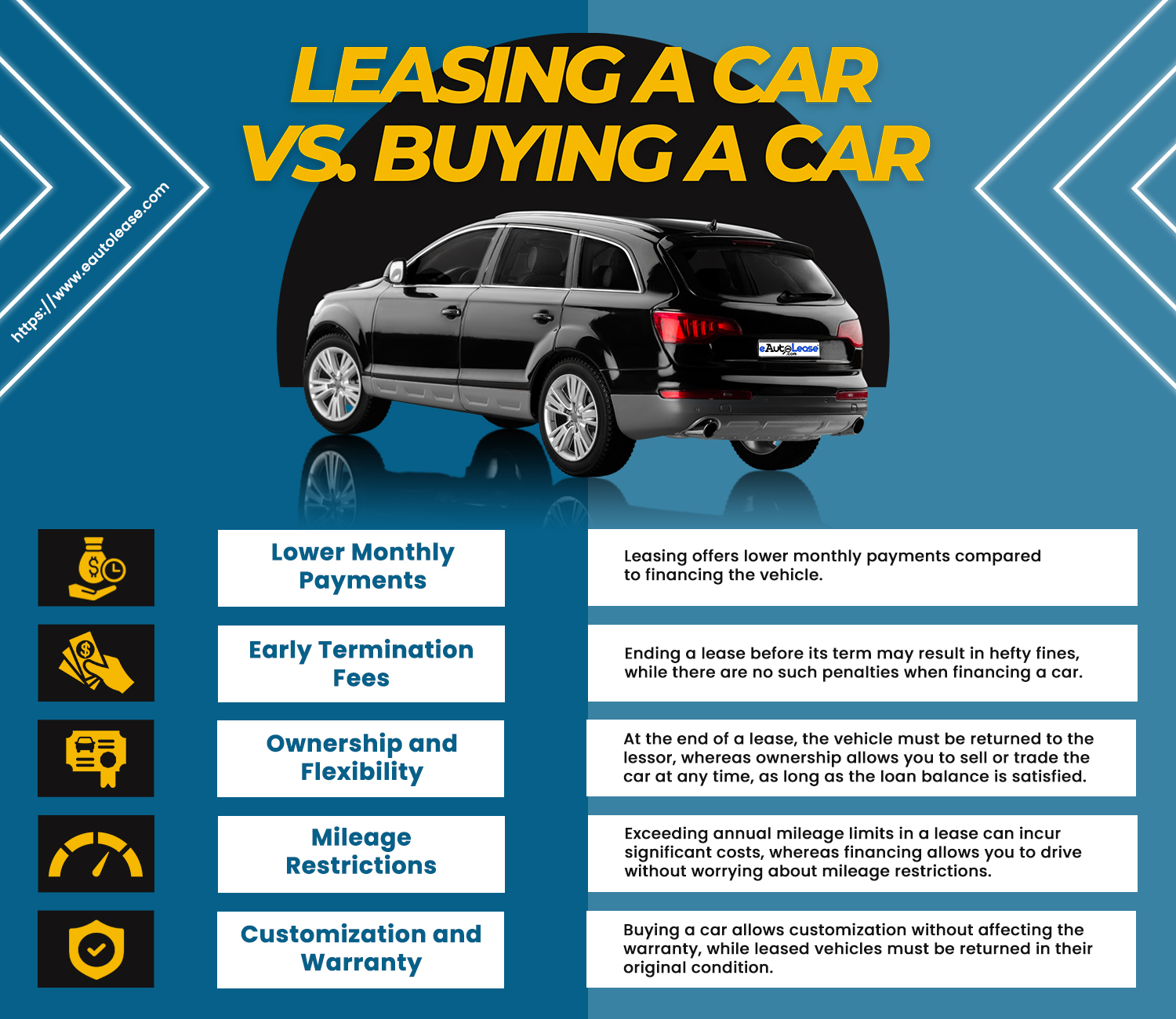


:max_bytes(150000):strip_icc()/when-leasing-car-better-buying.asp_final-10bbb582c2f74c2b9c4eafcc6fbab0bd.png)


